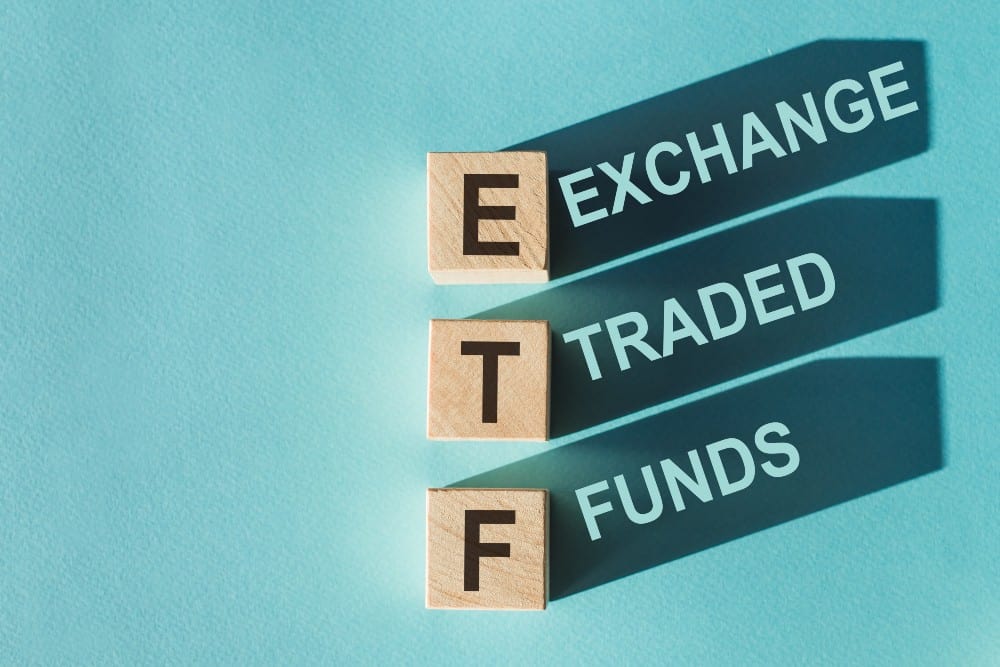When considering investments with long-term growth potential, Canadian financial institutions have often made it to the list of many savvy investors.
A key player that has dominated this space for several decades is the Bank of Montreal (TSX:BMO). Boasting a reputation for stable returns and robust financial performance, BMO has attracted substantial interest domestically and globally.
The question on many potential investors’ minds is, “What if I had invested earlier?”. Today, I’ll take a crack at answering that. By doing so, I hope to show you the power of compounding when it comes to reinvesting growing dividends.
Going back in time
2004 was a bit of a weird time to start investing. In this year, investors were still recovering from the three-year streak of losses in U.S. stocks following the Dot-Com Bubble, and blissfully unaware of the impending Great Financial Crisis that would occur four years later in 2008.
Assuming you invested $5,000 in BMO at the start of 2004 and held until May 2023, and further assuming that all dividends were reinvested perfectly on time and there were no transaction costs, the results would look something like this:

Overall, you would have beat the market (as represented by the benchmark S&P/TSX 60 Index), but there were some scary moments. For instance, the 2008 crisis hit BMO hard, and caused it to lag the market for quite a few years. Few investors have the discipline to remain invested throughout down markets.

What I would do instead
This is a great example of why I always prefer more diversification. With a single stock, even one as solid as BMO, the risk of prolonged stagnation, a massive crash, or outright bankruptcy are too high for my liking.
BMO has some great peers that could help provide diversification. There’s no reason why investors cannot also buy The Royal Bank of Canada, The Toronto Dominon Bank, The Canadian Imperial Bank of Commerce, The Bank Of Nova Scotia, or National Bank in addition to BMO.
Fortunately, there’s a bank ETF that does just that. Enter BMO Equal Weight Banks Index ETF (TSX: ZEB), which holds all six of the aforementioned bank stocks in equal weightings for a 0.25% expense ratio.
By buying ZEB, you’re no longer betting on just BMO. Instead, you’re making a broad bet on the entire Canadian banking sector. You’ll get the average returns of all six banks. Currently, ZEB sports an annualized distribution yield of 5.09% and pays monthly dividends.








